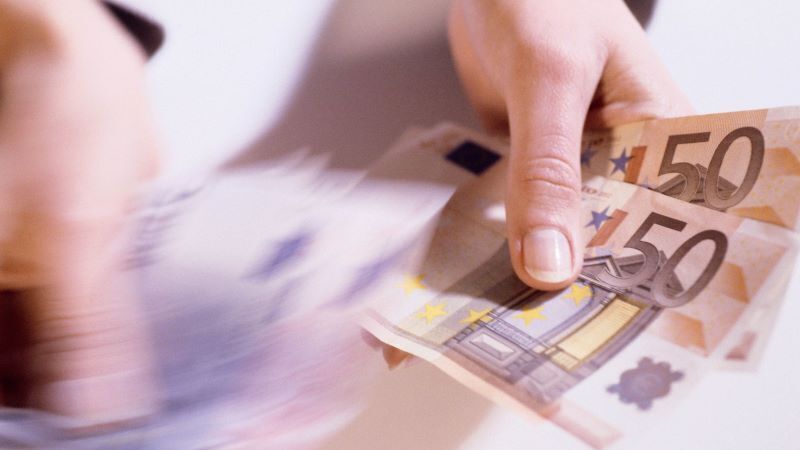The wall of worry can be mitigated by good planning

Any investor in equities for example has a myriad of issues to fret about. North Korea and Brexit are two of the current favourites but others exist too. High valuation multiples, ultra low interest rates and volatile exchange rates are also items to ponder when making investment decisions.
Actually spending hard-earned money to acquire assets in these circumstances is known as climbing the wall of worry. Having the bottle to commit cash to buying any asset — be it property, bonds or shares in companies — is a brave action in any circumstances. If done well, it can generate material gains that help build real value for investors over time.

















